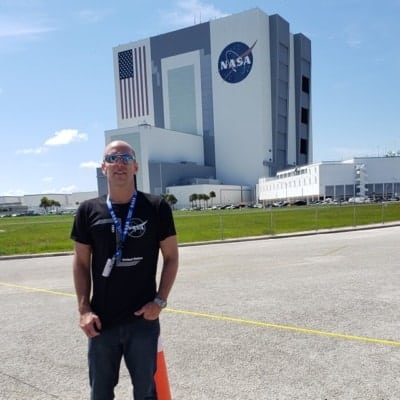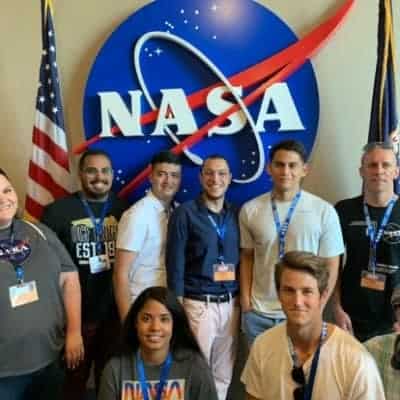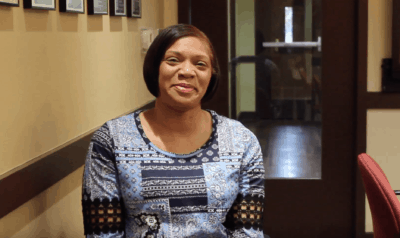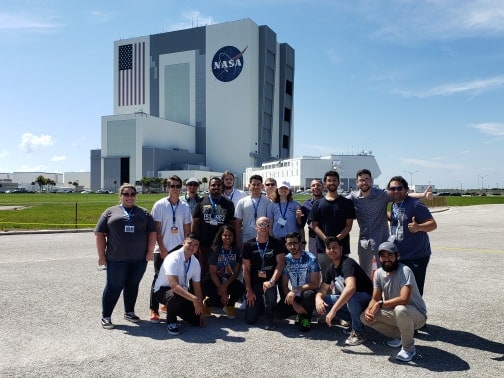

Isaac Mayle was 12 years old when he saw his first shuttle launch on a family trip to Florida.
“I mean, it sticks with you in your head. When you see a rocket launch at night, it literally lights up the night like it’s daytime,” Mayle said.
The childhood experience inspired his love of outer space, along with another coincidence: the Apollo moon landing took place on July 20 (the 50th anniversary of the moon landing was commemorated last month), and July 20 also happens to be Mayle’s birthday.
This summer, Mayle’s interest in space came full circle when he was one of 400 community college students from across the country selected for the NASA Community College Aerospace Scholars Program. As part of the program, Mayle — a student at Rowan-Cabarrus Community College (RCCC) — spent five days at the Kennedy Space Center in Florida touring the facility, visiting labs, meeting NASA scientists, and working on a “mock mission” group project.
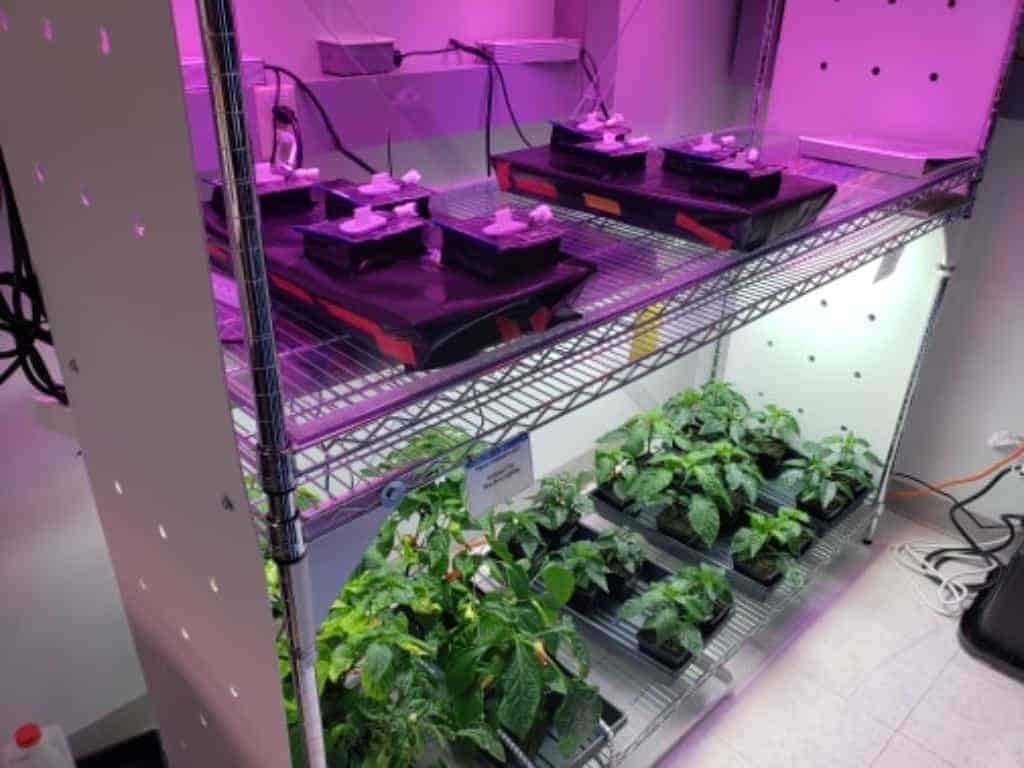

“As far as my group goes, I was quite impressed with all the candidates,” said Philip Howard, a chemist at Kennedy Space Center, who served as a mentor to the program’s students.
Howard provided review on resumes, information on NASA internships, and perspective on the different career paths at NASA.
“NASA has jobs all over the board,” he said. “Whether it’s business, computer science, or engineering.”
The STEM-focused experience lined up with Mayle’s future career goals and also supplemented his knowledge base in science and math, including his background in automotive mechanics before attending community college. Mayle is in his final year of the associate in engineering program at RCCC, but he didn’t realize the possibility of going from community college to a job with NASA until he heard an interview with astronaut Drew Feustel.
“He talked about how he started off in community college,” Mayle said. Feustel would go on to get his bachelor’s, master’s, and doctorate. In the interview, Feustel also said that there were four NASA astronauts that started their education in community college.
“I figured if astronauts were able to do it, I could go back,” Mayle said of his journey back to school, which was stymied for nearly 10 years due to his experiences with bipolar disorder and anxiety.
“For a long time, it was really hard for me to get in and out of the house,” Mayle, now 39, said. “I would go sometimes, and I’d literally be in the parking lot and turn around.”
After hearing Feustel’s interview, he mustered the courage to enroll at RCCC in December of 2017.
Mayle is set to graduate in May 2020 and plans to apply to three different degree programs this fall: aerospace engineering at NC State, nuclear engineering at NC State, or a dual physics and mechanical engineering degree at UNC Charlotte.
“All three are going to be super hard,” Mayle said. “But I’m up for the challenge.”
His teacher and mentor, Melissa Reid, who is chair of the math department at RCCC, said that Mayle is one of “those dream students to have in your class.”
“Isaac’s going to take whatever he’s learned from myself and RCCC as a whole and he’s going to continue learning,” Reid said. “Where do I see him in five to 10 years? I see him at NASA being one of the top engineers.”
Since his summer experience with NASA, Mayle also believes working for the organization could be in his future.
“Seeing the program that they had for community college students, and getting accepted, and doing well, it really changed my outlook on really thinking that I can now actually work for NASA,” Mayle said.
His mentor in the program agrees.
“I was quite impressed with Isaac,” Howard said. “I hope he gets an internship at NASA.”


